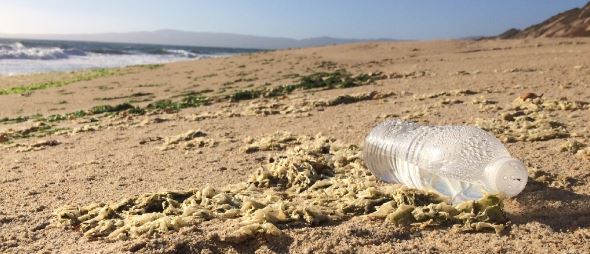
08 Mar A Chance to Breathe – Protecting the Coast for Richmond Residents
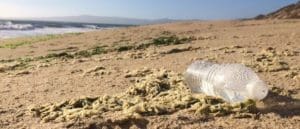
By Isabella Zizi
Like many Californians, people in Richmond care about the coast. In a city known for its oil refinery and freeways, the beach is the perfect place to disconnect from life’s challenges and breathe in the fresh air.
But as anyone who has walked along the beach knows, litter – and especially plastic – can ruin the experience.
Caring about the coast isn’t enough. If we want clean sand and clean water – as 90 percent of Californians surveyed in a recent poll say they do – we have to take steps to protect it. We have to take coastal conservancy seriously.
When I was in high school, I helped create an Outdoors Club, and as part of the club I participated in an annual coastal cleanup. It was hard waking up at 7 a.m. on a Saturday morning, but we all managed to get to the beach in one piece. After signing in, my friends and I were given garbage bags, buckets, gloves and a quick tutorial on what needed to get picked up and what items were hazardous, like syringe needles.
We split up into groups of three, picking up all kinds of litter, from Styrofoam to plastic bags and bottles. Lots of plastic.
A study from 2010 found that 8 million tons of plastic went into the ocean that year. Just imagine multiple garbage trucks full of plastic waste being dumped into the ocean and along the sand every minute and you’ll get a sense of what that looks like. Some estimates say that by 2050, there will be more plastic in the ocean than fish.
And the thing is that, even if you never go to the beach, that level of pollution will reach you one way or another.
“Plastic never really breaks down. The sun and the waves only break it into smaller pieces which turn into microplastic,” says Kera Abraham Panni, conservation outreach manager at the Monterey Bay Aquarium.
In her work, Panni helps educate communities about risks to the ocean and ways to protect it. She says microplastic is especially worrisome because it gets into sea creatures and through them into the humans who consume them. “If this continues, the plastic will then be transferred into the food web and will continue to harm wildlife and leave a more polluted legacy,” she says.
Last year California became the first state to pass a single-use plastic bag ban. Panni said the move is a step in the right direction, but she added there’s more people can do.
“Re-use, reduce, recycle and also rethink the way you consume things,” she says.
Some simple steps could be to bring your own bags to the grocery store, and if you’re ordering takeout say “no straw” or bring your own plastic containers and reusable utensils. Even if you don’t consider yourself a coastal advocate, such actions can go a long way to making sure that when you do go to the beach it isn’t covered in plastic waste.
A broader approach would be to speak out to the community by attending city council meetings and finding solutions for local grocery stores or schools to use less single use plastics, or hosting presentations at schools to teach younger students about the importance of coastal conservancy.
The Monterey Bay Aquarium holds an annual student teacher summit called the Ocean Plastic Pollution Summit that Panni says “encourages teachers and students to be part of the solution.” The next summit is scheduled for November.
For me, visits to the coast always bring back memories of family outings and vacations. On birthdays, special occasions or just when the weather was nice, we’d head to the beach for barbecues, kite flying and the pleasure of each other’s company. Those days were like an escape from reality, a chance to breathe deep, absorb the sound of the tide and catch a glimpse of peace and serenity.
With the rising costs of living in the Bay Area, most of my friends and family are busy living check to check. It isn’t surprising that the topic of coastal conservation doesn’t come up. But as hard as it is for people working multiple jobs to be able to afford the basics, it’s also important to remember the bigger things in life.
We in Richmond are fortunate to be able to drive a few miles and appreciate our beautiful coast and all it has to offer. I want to make sure that its blessings are there not just today but well into the future.
Isabella Zizi wrote this story with support from New America Media’s California’s Coast: A Time of Reckoning Fellowship Program.


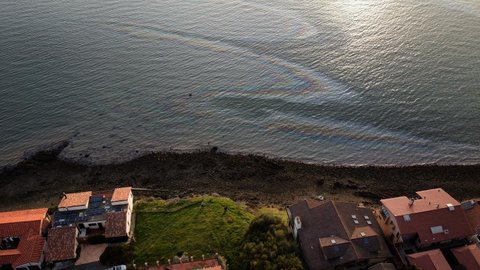
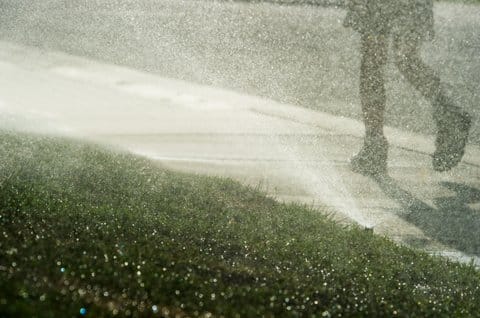
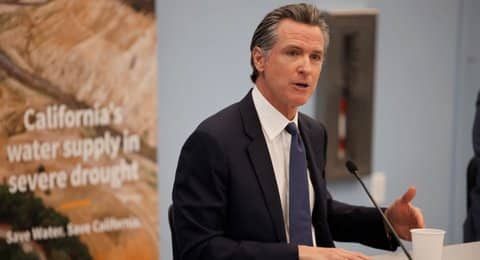
No Comments